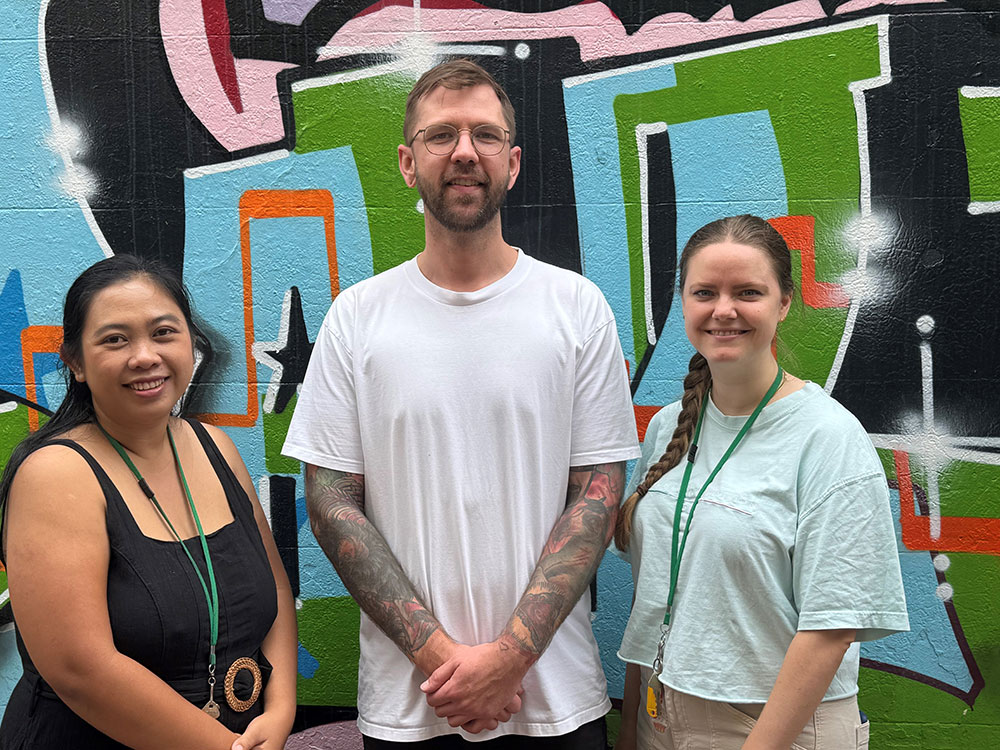
A US$1.5 million gift from the , a non-profit organisation established by Colossal Biosciences, will help researchers in the Faculty of Science develop new approaches to the conservation of bird species in Australia and around the world.
The gift will support Professor Andrew Pask and his team to sequence and annotate high quality reference genomes for several species and develop stem cell and gene editing technologies in birds.
These efforts will make it easier to identify bird species threatened by the loss of genetic diversity, a particularly important risk factor for Australian birds devastated by bushfire, climate change and predation from introduced species.
Improving genetic diversity, including through genome engineering, will greatly increase changes of species survival.
Professor Pask, who is already in partnership with Colossal Biosciences to de-extinct the thylacine, says bird DNA manipulation currently lags behind advancements made with mammals in scientific research.
“These tools will be an important first step toward using gene editing technologies to help birds adapt to their changing habitats, resist disease or reintroducing lost genetic diversity,” Professor Pask said.
Dean of Science, Professor Moira O’Bryan, thanked the Colossal Foundation for their support.
“Our scientists are working hard on innovative solutions to the huge problem of biodiversity loss. Conservation science has never been more important, and we are grateful this research is enabled and accelerated by the support of partners like the Colossal Foundation,” Professor O’Bryan said.
The Colossal Foundation gift will support work to expand the list of avian family high-quality reference genomes and provide this key data to global conservation projects including the Bird10K and EarthBiogenome projects.
“Right now, one in eight bird species is at risk of extinction,” Colossal Biosciences co-founder and CEO Ben Lamm said.
“As bird species disappear, we lose key components of ecosystems, including pollinators, insectivores, and spreaders of seeds, with negative impacts for both human and planetary health.
We are excited to partner with the research team at the University of Melbourne to develop tools to address this important global challenge.”
Colossal Biosciences and the University of Melbourne will continue their commitment to share progress on this pioneering research as milestones are reached.








